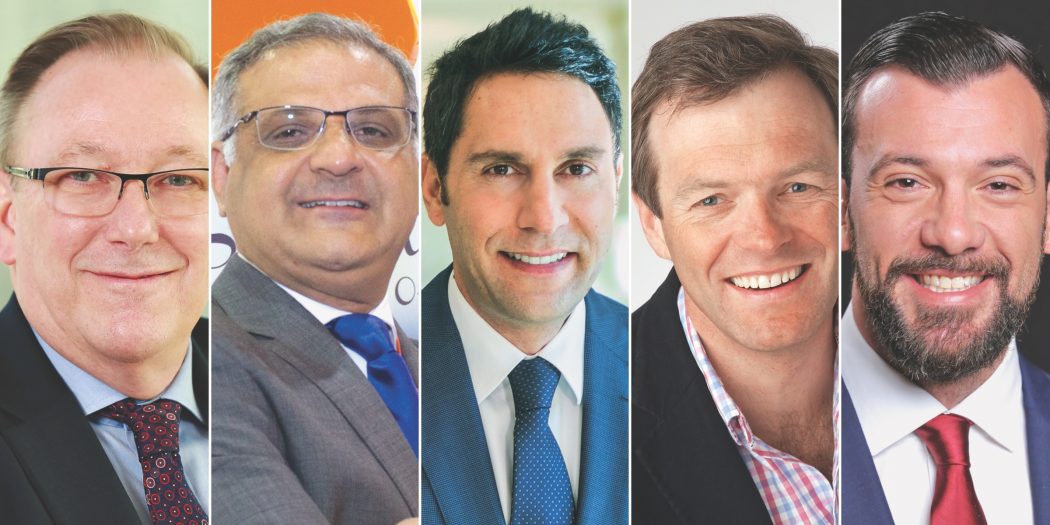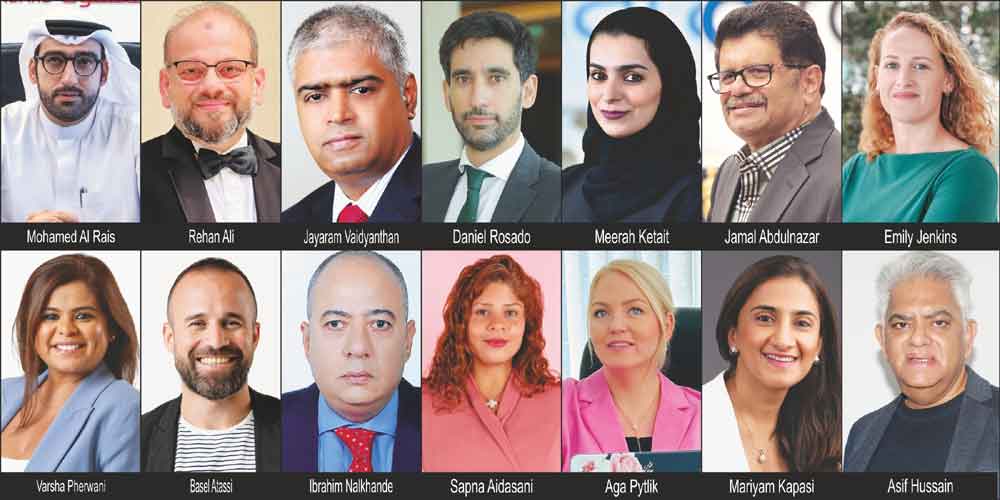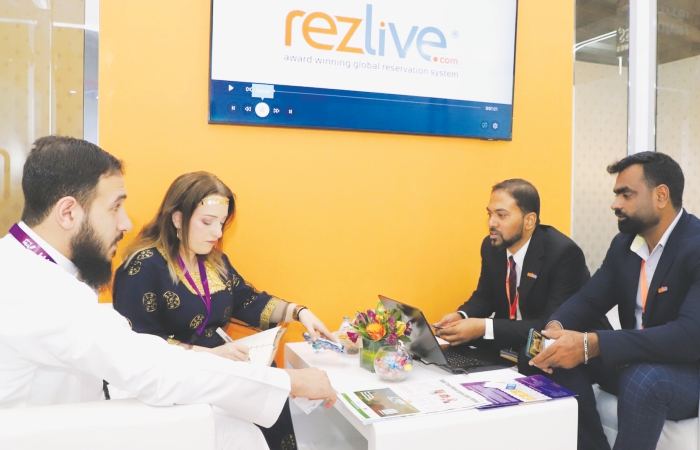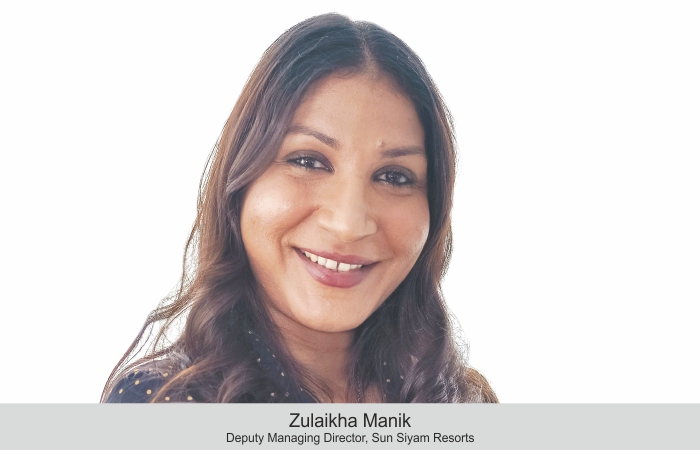Come January 1, 2018, the UAE will charge five per cent Value Added Tax (VAT) on goods and services. Whilst it will contribute to the nation’s development, it is imperative to understand the impact of VAT on the tourism and hospitality industry. TravTalk asks economists, tourism and hospitality partners about their views and subsequent impact of the new tax regime on business.
SHEHARA RIZLY
Bruce Hamilton, Director–Indirect Tax, Deloitte
The move to introduce VAT forces business owners to be more compliance oriented. You have to be rigid with your prices and procedures to ensure that the documentation gets to the right place and is recorded in the right way, so you can file your VAT return. The benefits of that are often small.
Redo your budget: Hotels which are earmarking budgets for next year, must add the VAT component. In terms of actual cost of operations, the VAT may not cost more. However, to claim VAT on goods or services they acquire, they’d need to have the documentation from their suppliers as well.
Inform everyone around: Travel trade professionals need to have themselves registered by the tax authority by the end of December. This is for the reason that they will get a tax number which needs to be shown on all documents from Janurary 2018. Businesses need to have a number of different communication strategies–for suppliers, customers and staff. The staff is going to be dealing with situations where people might get a little upset or won’t understand what’s going on. The Ministry of Finance’s website offers information sessions. It is necessary to have a look and make sure you attend one of those sessions. Even small businesses can get themselves computerised; there are special computer packages that will allow you to work with VAT. Tax engine softwares will take you through the process but there’s a lot that needs to happen. We don’t have to be worried if food is going to be treated concessionary, it’s not. It’s simply subject to 5 per cent VAT. So it means if you’re dealing with hospitality or F&B services, you pay VAT and reclaim it.
Impact on MICE: It is only 5 per cent unlike Europe that has more than 20 per cent VAT. It shouldn’t impact travel and tourism much but there would be an impact on conferences. The costs will be slightly higher, particularly if they are international conferences, there will be VAT.
VAT on airfare: International flights are generally zero rated for VAT so there’s no additional cost there. There will be some sort of VAT requirement on domestic flights. International travel is not treated as VAT. It is technically subject to VAT but it’s at zero so the effect of cost has not changed at all.
Shan Saeed, Chief Economist, IQI Group
VAT will consolidate the fiscal side for the government. It will give much further space in terms of investments; infrastructure and maneuverability not only short term but also in the long run. People will tend to benefit from this strategic initiative. VAT has been applicable in more than 147 countries, so it will bring more transparency, help to bring more people into the tax net and most importantly it will help in increasing tax to GDP ratio. Not only that, it will eventually help the government in boosting the balance sheet. Any policy measure that the government will take, especially in order to curb inflation, will take 12 to 18 months for inflation to return to normal level. Economy does not run on a single variable and because of VAT the economy will not slow down. It is good for the government to introduce VAT at this point of time ahead of 2020 because that will give consumers and tourists an idea what is eventually to happen to the economy. Overall, it is a strategic initiative which will bring transparency and will enhance the tax GDP ratio in the long run.
Haitham Mattar, CEO, Ras Al Khaimah Tourism Development Authority
While the full details of the VAT implementation are still being defined, it is not a measure that is likely to impact the tourism industry – which already contributes a significant portion to the GDP of the country. VAT is a common phenomenon in many countries around the world so tourists are familiar and accustomed to that. They will continue to travel to destinations like Ras Al Khaimah and the UAE to enjoy the diverse and high-quality offering, unique landscapes and world-class hotels and attractions. The impact in terms of cost is likely to be very minimal, especially when weighed up with the other benefits of the destination.
Jonathan Worsley, Chairman, Bench Events and Board Director, STR
VAT will affect the industry without a doubt. One of the interesting talking points among industry leaders is how the tax will be incorporated into the operations and finances of hotels on a day-today basis. Dubai’s leisure travellers often travel on holiday packages, and with VAT being charged on individual goods and services, it is as yet unclear how the industry will absorb or transfer these new costs when creating packages of services. What is important to know is that there are still ways for businesses to reclaim VAT that is incurred on costs. For restaurants and hotels whose costs are based on purchasing expensive luxury items, this will come as a relief. The concern from the hospitality industry is that Dubai is already an expensive place to run a business from and with the introduction of tax, experience tells us that what starts at 5 per cent can quickly escalate over time. Industry professionals will need to have communication channels that can educate and support businesses in adhering to the requirements of VAT.
Pierre Arman, Market Development Lead – Tax & Accounting and Global Trade Management, Thomson Reuters
It is important to note that as we speak, only the UAE VAT Law has been published by the UAE Federal Tax Authority (FTA) and we are waiting for the Executive implementation regulations which will include far greater details in terms of VAT application in the UAE. That being said, the FTA has published some guidance on their website and I would highly encourage people to use it as much as possible as it will provide them with a lot of information on this topic. The most important exercise that any company needs to perform in the UAE, not just travel, tour operators and hoteliers, is to engage a tax advisor and perform a VAT impact assessment so they can understand how VAT will impact them as a business but also for example how to approach their pricing strategy when it comes to VAT. Time is running out for companies before January 1, 2018, and the travel, tourism and leisure sectors, because they fall under the exceptions in the UAE VAT regime, are by consequence, more complex to understand and assess. They should not underestimate the efforts needed to be VAT compliant by January 1, 2018.
 TravTalk Middle East Online Magazine
TravTalk Middle East Online Magazine





